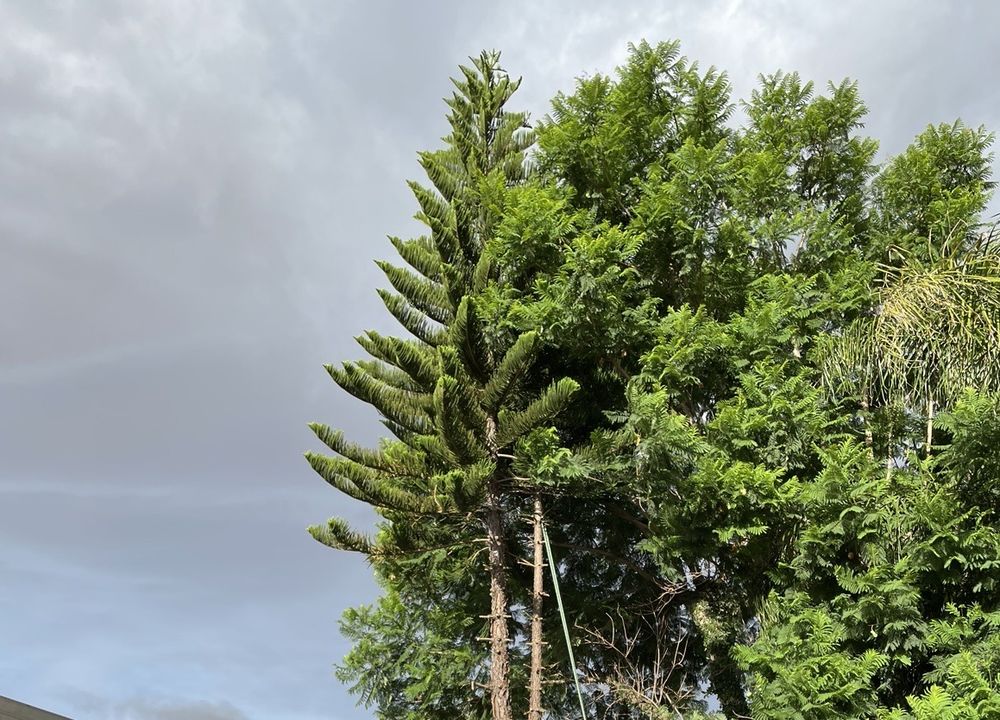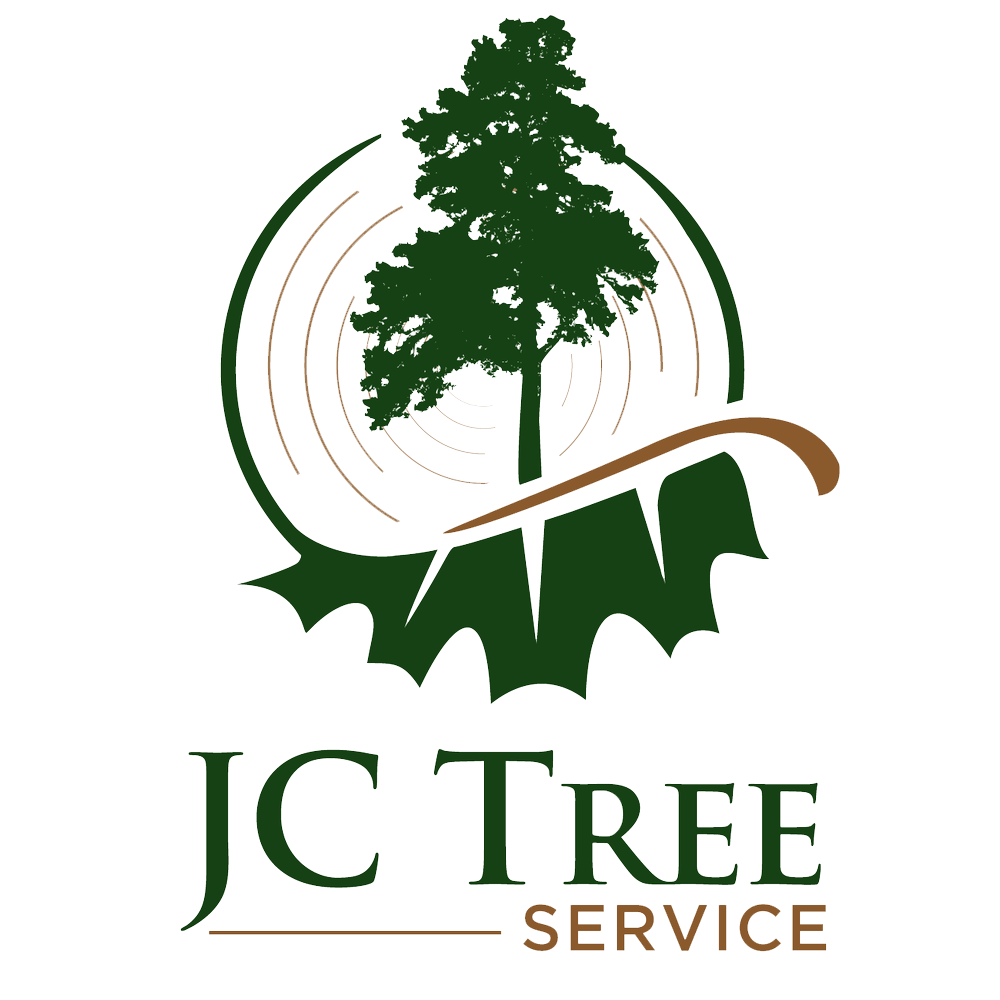Ever wondered if you could assess your tree’s health on your own? Dive into the world of DIY tree health assessments with us. Uncover the pros and cons of taking matters into your own hands when it comes to evaluating your tree’s well-being. From cost-effectiveness to the satisfaction of hands-on involvement, discover what awaits you when you decide to embark on this journey. Are you ready to explore the realm of tree care and maintenance through a DIY lens? Let’s unravel the mysteries together.
Understanding Tree Health Assessments
What They Involve
A DIY tree health assessment typically involves visual inspections and basic maintenance tasks. By examining the tree’s overall condition, common issues can be identified without professional help. Understanding tree biology is crucial for making informed decisions during assessments.
- Visual inspections and maintenance tasks
- Identifying common issues without professional help
- Importance of understanding tree biology
Importance and Benefits
Tree health assessments play a vital role in preventing larger problems in the future. Regular tree care not only enhances aesthetics but also increases property value. Maintaining healthy trees contributes to improved air quality and habitat preservation.
- Preventing future problems
- Enhancing aesthetics and property value
- Environmental benefits of healthy trees
Timing and Frequency
It is advisable to conduct tree assessments seasonally based on growth cycles and weather conditions. Evaluations should be done annually or biannually to ensure ongoing tree health. Changes in tree appearance or surrounding conditions may require more frequent assessments.
- Seasonal timing for assessments
- Annual or biannual evaluation frequency
- Necessity of more frequent assessments based on changes
Pros of DIY Tree Health Assessment
Cost Savings
Performing simple DIY tree health assessments can lead to significant cost savings by identifying issues early on. By tackling minor maintenance tasks independently, homeowners can avoid expensive professional services. Comparing the expenses of DIY assessments with hiring arborists for routine check-ups reveals the financial benefits of taking a hands-on approach. Early detection through DIY assessments can prevent the need for costly repairs or tree removal in the future.
Immediate Attention
Recognizing signs that demand immediate attention, such as visible damage or disease symptoms, is crucial for preserving tree health. Acting promptly upon noticing such issues can help mitigate risks to the tree and surrounding property. Homeowners should prioritize addressing urgent matters over routine assessments to ensure the well-being of their trees.
Learning Opportunity
Encouraging homeowners to educate themselves about tree care through workshops or online resources is essential for promoting DIY tree care. Building knowledge and skills in this area can empower individuals to conduct effective tree health assessments independently. Documenting observations and tracking changes over time enhances learning and proficiency in assessing tree health.
Cons of DIY Tree Health Assessment
Safety Risks
When conducting DIY tree health assessments, individuals face physical dangers like falls from trees or injuries from tools. It is crucial to evaluate personal skill levels before attempting any tree care tasks. Homeowners should have a safety plan in place, including emergency contacts and first aid supplies.
Lack of Expertise
DIY assessments are limited by the lack of specialized knowledge in tree biology. Misidentifying tree issues can result in improper care and further complications. Consulting professionals for complex problems beyond basic assessments is essential to ensure accurate diagnosis and treatment.
Common Mistakes
Frequent errors during DIY assessments include overlooking subtle signs of distress in trees. Improper pruning techniques can harm tree health and structure, affecting long-term growth. Neglecting the surrounding environment, such as soil quality and water drainage, can also impact overall tree well-being.
Safety Precautions for DIY Assessment
Essential Tools Needed
When conducting a DIY tree health assessment, it is crucial to have the right tools at hand. Basic equipment like pruning shears and measuring tape are essential for evaluating tree health accurately. soil moisture meters can provide valuable insights into the tree’s overall well-being.
To enhance the assessment process, homeowners may consider investing in additional tools such as tree wrap for protecting bark and binoculars for inspecting tree canopies from a distance. These tools can offer a more comprehensive evaluation of the tree’s condition. It is vital to maintain all tools in good working condition by cleaning and sharpening them regularly to ensure their effectiveness during assessments.
Protective Gear
When engaging in DIY tree health assessments, homeowners must prioritize their safety by wearing protective gear. Essential items include gloves, goggles, and hard hats to shield against potential injuries from falling branches or debris. Proper footwear is also crucial to prevent slips and falls while working around trees.
Investing in quality protective equipment is essential to reduce the risk of accidents and injuries during assessments. By wearing the necessary gear, homeowners can safeguard themselves against potential hazards and ensure a safer assessment process overall.
Avoiding Hazards
To avoid accidents and ensure a safe assessment environment, homeowners must be aware of potential hazards that may arise during the process. Hazards like power lines or unstable ground can complicate assessments and pose significant risks to individuals conducting them.
When navigating around trees, it is important to practice caution and use proper techniques to mitigate risks. This includes ensuring ladder stability when accessing higher branches and maintaining a safe distance from power lines. Homeowners should also assess weather conditions before beginning any outdoor tree care activities to avoid working in unsafe environments.

When to Seek Professional Help
Signs of Serious Issues
Homeowners should be vigilant for severe tree problems, such as extensive leaf drop or abnormal fungal growth. These can indicate underlying health issues that require professional assessment. Recognizing structural weaknesses, like cracks in the trunk or large limb failures, is crucial.
Seeking professional help is essential if homeowners notice signs that exceed basic DIY capabilities. It’s important to address these issues promptly to prevent further damage to the tree and ensure its long-term health.
Complex Situations
In cases of large-scale infestations or serious diseases, DIY assessments may not be adequate. Expert intervention becomes necessary, especially with multiple trees or complicated root systems. Homeowners should consider consulting local arborists for their expertise.
Managing complex situations requires a strategic approach. Creating a plan that involves professional consultation can help homeowners navigate challenging tree health issues effectively.
Benefits of Expert Advice
Consulting with certified arborists offers several benefits for comprehensive tree health assessments. Their expertise and specialized equipment enable them to tackle complex tree care tasks effectively. Expert advice can result in better long-term tree management and improved health outcomes.
Engaging with professionals ensures that trees receive the optimal care they need, leading to healthier and more resilient landscapes. The guidance provided by certified arborists can significantly enhance the overall well-being of trees on a property.
Closing Thoughts
After weighing the pros and cons of DIY tree health assessments, it’s clear that while you can tackle some basic evaluations yourself, certain aspects require professional expertise. Remember, safety should always be your priority when assessing tree health on your own. If you encounter complex issues or feel unsure at any point, don’t hesitate to seek help from certified arborists or tree care professionals. Your trees are valuable assets that deserve the best care possible.
Taking a proactive approach to tree health can ensure the longevity and beauty of your landscape. By combining your DIY efforts with timely professional interventions, you can maintain healthy and thriving trees for years to come. Stay informed, stay vigilant, and remember that a healthy tree not only enhances your property but also contributes to the environment. Keep nurturing your green companions for a greener, healthier tomorrow.
Frequently Asked Questions
1. Can I accurately assess the health of my tree on my own?
Yes, you can perform a basic assessment by observing the tree’s overall appearance, leaf condition, and presence of pests. However, for a comprehensive evaluation and treatment plan, it’s advisable to consult a professional arborist.
2. How can I ensure my safety when conducting a DIY tree health assessment?
Prioritize safety by wearing appropriate protective gear like gloves and goggles. Avoid climbing ladders or using tools if you’re not experienced. Always be cautious of falling branches or unstable trees.
3. Are there benefits to conducting a DIY tree health assessment?
DIY assessments can help you monitor your tree’s condition regularly and detect early signs of issues. This proactive approach may save you money on potential treatments and enhance the overall health of your tree.
4. When should I consider seeking professional help for tree health assessment?
If you notice significant damage, unusual symptoms, or suspect diseases beyond your expertise, it’s best to seek professional assistance. Arborists have the knowledge and tools to accurately diagnose tree health issues and provide effective solutions.
5. What are the risks associated with DIY tree health assessments?
Performing an incorrect assessment or misdiagnosing tree problems can lead to ineffective treatments or further damage. Lack of proper training and knowledge may also put your safety at risk while handling tools or climbing trees.
Ensure Safety with JC Tree Service’s Professional Tree Health Assessment Services
Maintaining the health and safety of your trees is crucial, and JC Tree Service is here to offer expert tree health assessment services for your home or business. Whether you’re concerned about disease, structural stability, or environmental stress, our skilled team is ready to handle all your tree care needs in Brentwood, Antioch, and surrounding areas.
Understanding the importance of proper tree assessments, we deliver tailored solutions to prevent hazards like falling branches, improve tree longevity, and ensure your landscape is safe and beautiful. By addressing issues early, we help you avoid costly emergencies while enhancing curb appeal and property value. With JC Tree Service, your trees will be healthy, well-maintained, and prepared for every season.
Don’t wait until it’s too late. Contact JC Tree Service today to learn how our professional tree health assessment services can improve your property’s safety and appearance. We offer a free, no-obligation quote to help you get started. Experience the peace of mind that comes with expert tree care!
Disclaimer
The materials available on this website are for informational and entertainment purposes only and not to provide legal or professional advice. You should contact your attorney or home improvement specialist to obtain advice concerning any particular issue or problem. You should not act or refrain from acting based on any content included in this site without seeking legal or other professional advice. The information presented on this website may not reflect the most current home improvement developments. No action should be taken in reliance on the information on this website. We disclaim all liability concerning actions taken or not taken based on any or all of the contents of this site to the fullest extent permitted by law.


